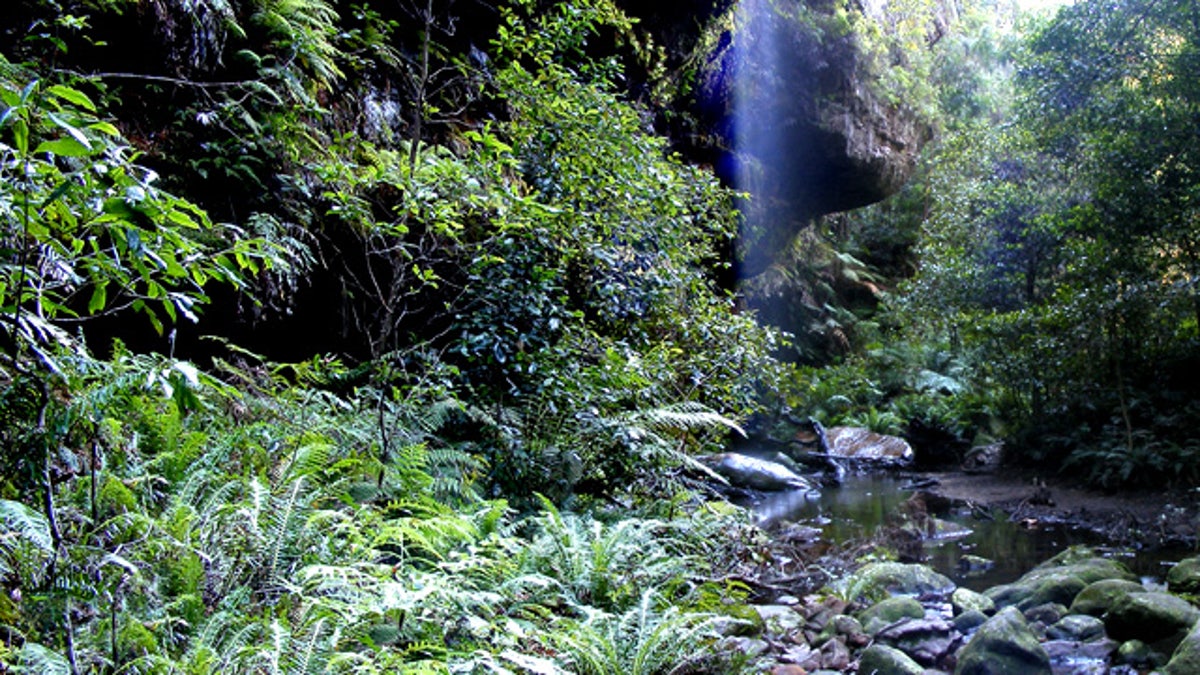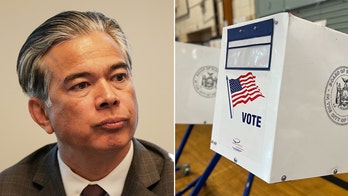
(Wikipedia)
Former Interior Secretary Bruce Babbitt is blasting as "radical" a Republican proposal to open up more than 50 million acres of public lands to logging and other development.
Babbitt, who was interior secretary for eight years under President Bill Clinton, says the GOP bill would virtually repeal the 1964 Wilderness Act and open an area the size of Wyoming to development.
The bill, sponsored by Rep. Kevin McCarthy, R-Calif., "is the most radical, overreaching attempt to dismantle the architecture of our public land laws that has been proposed in my lifetime," Babbitt said in testimony prepared for a House hearing on Tuesday.
"Simply put, it trades protection of wildlife habitat, clean water and clean air for corporate profits.
It is nothing more than a giveaway of our great outdoors," Babbitt said.
McCarthy, the third-ranking House GOP leader, said the bill would increase Americans' access to national forests and other public lands, while creating jobs and reducing the risk of catastrophic wildfires.
"Millions of acres of land across the United States are being held under lock and key unnecessarily," McCarthy said.
McCarthy called the bill a commonsense proposal that acts on recommendations by government agencies to open up public lands for increased public use.
Allowing public lands to be managed for multiple use -- rather than "locked up" as wilderness -- opens them to responsible resource development, healthy forest management, grazing and other activities, McCarthy said.
A host of industry groups, including the American Loggers Council, the California Cattlemen's Association and the Independent Oil Producers' Agency, support McCarthy's bill, while environmental groups oppose it.
Babbitt, who recently criticized President Barack Obama for failing to lead on environmental issues, said he was speaking out against McCarthy's bill "so that the American people can see and clearly understand the threat it poses to our public land heritage."
In an interview, Babbitt said the lands bill and an environmental spending bill being debated in the House "reflect the more radical nature of this Congress." The two measures persuaded him to re-enter the political fray after years of relative silence since leaving office, Babbitt said.
Babbitt said he became alarmed this spring when, as part of a budget compromise, Congress allowed some gray wolves to be removed from the endangered species list. He became more concerned when Interior Secretary Ken Salazar, under intense GOP pressure, backed away from a plan to make millions of acres of undeveloped land in the West eligible for federal wilderness protection.
"That was, to me, kind of a wake-up call," Babbitt said. "Things are different now. This is a broad assault on our environmental laws, and it's time to get out in the open to counter it."
In a speech in June, Babbitt said Obama had yet to take up the "mantle of land and water conservation ... in a significant way."
He said Monday he was encouraged by a White House statement vowing to veto the GOP environmental spending bill.




